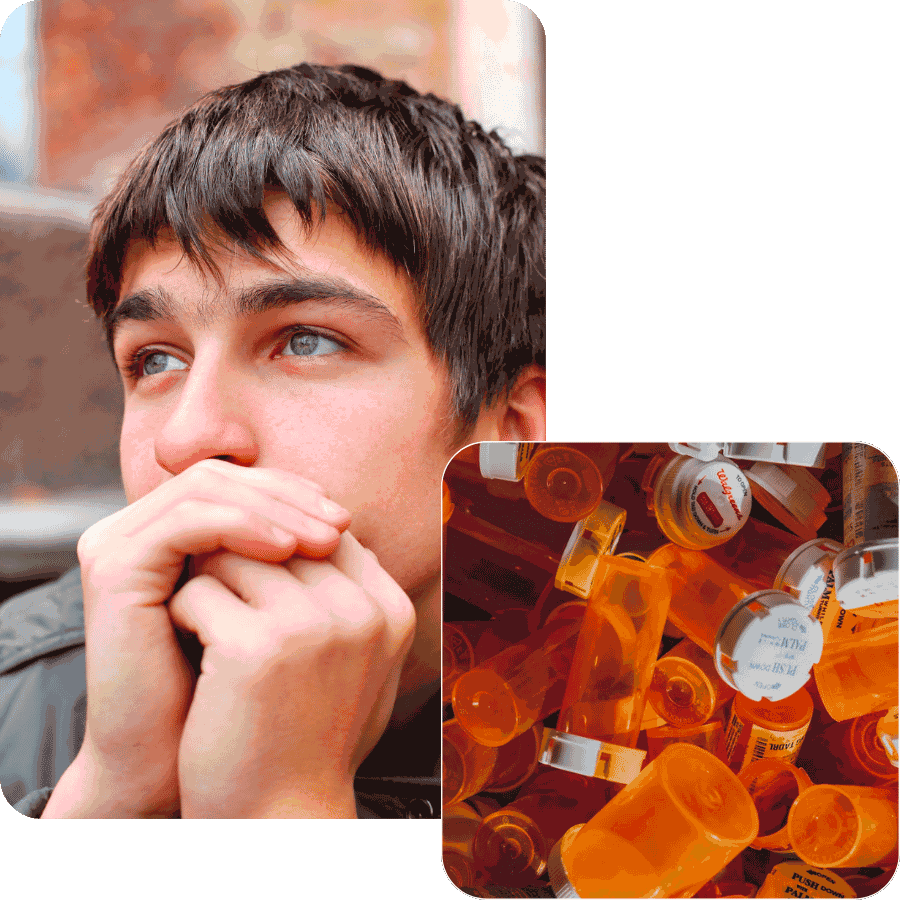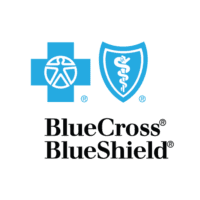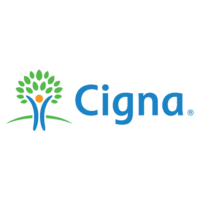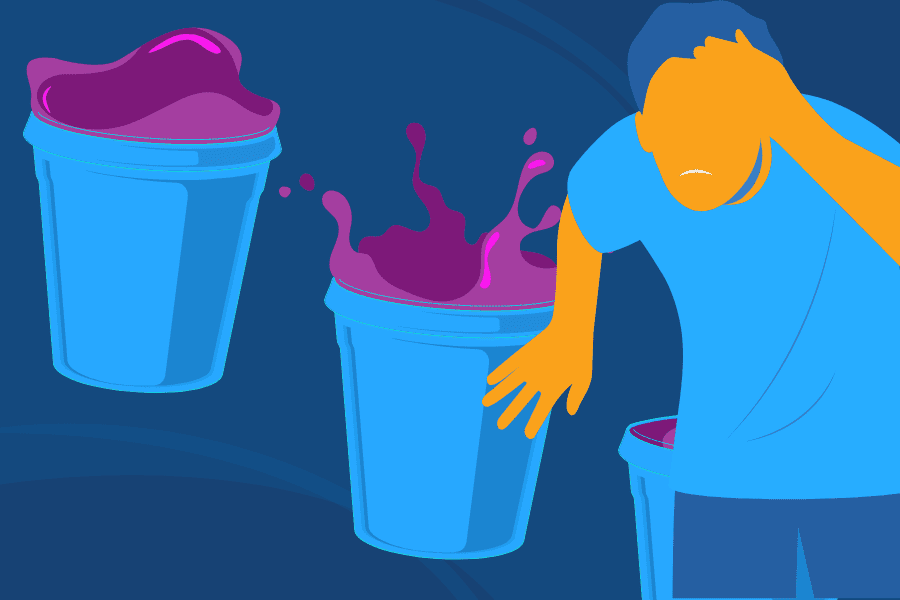What Is Medication-Assisted Treatment?
Medication-assisted treatment (MAT) uses medications combined with behavioral therapy and counseling to treat substance use disorders.
Alcohol and drug addiction are chronic illnesses that negatively impact your body and mind. You become physically dependent on drugs or alcohol, making it difficult to quit on your own or “cold-turkey.”
According to the Substance Abuse and Mental Health Services Administration (SAMHSA), MAT can help with the following:
- Treat substance use disorders
- Maintain sobriety during treatment
- Sustain long-term addiction recovery
- Prevent relapse and overdose
- Increase retention in addiction treatment
- Decrease criminal behavior, arrests, and jail time
- Lowers risk of contracting STDs, HIV, and hepatitis C
- Improve health outcomes for women who are pregnant during addiction treatment
- A better overall quality of life during treatment
What Is The Goal Of Medication-Assisted Treatment?
The goal of medication-assisted treatment is to stabilize your body and mind so that you can feel normal during treatment and early addiction recovery.
Addiction treatment can be challenging if you don’t address the physical dependence of addiction. Your body and mind expect drugs or alcohol to feel good or even just normal. Without substances, your brain might be centered on using rather than healing.
MAT can help you gain traction as you begin your journey in recovery.
MAT helps lessen the cravings and urges that can make you feel uneasy during treatment. If your mind is only focused on getting high, you will struggle to get anything from treatment. Your body feels like you are in survival mode and in danger without substances.
MAT eases the adverse mental and physical withdrawal symptoms.
Withdrawal symptoms can be painful, uncomfortable, and even life-threatening if you don’t have support. You might be in a survival or “flight-or-fight” mode, making you feel anxious without substances. When you are in survival mode, you cannot grow and thrive.
With MAT, you can sit still and dive into your treatment plan without the distraction of cravings and urges. Substance abuse treatment takes time because your central nervous system needs to adjust to no longer having drugs or alcohol.
With the help of medications, you can get sober and learn the skills to stay sober when you begin your treatment program.
MAT aids your body and mind during treatment so that you can learn new coping skills and relapse prevention during the early parts of treatment. MAT can prevent overdose and other life-threatening issues during detoxification for those with severe addictions.

Is MAT Treatment The Same As Medication-Assisted Detox?
MAT treatment is a long-term form of addiction treatment, while medication-assisted detox is short-term.
Detoxification or “detox” is the first step toward recovery. You need to rid your body of harmful substances and give your body time to adjust to the change. Medication-assisted detox can ease withdrawal symptoms for about one to two weeks during detox.
During medication-assisted detox, you might take medications that help you deal with physical and mental health symptoms of withdrawal. Detox can be both physically and psychologically painful. Some medicines can take the edge off during inpatient detox.

You might take antidepressants, benzodiazepines, or other medications during detox for some of the following withdrawal symptoms:
- Insomnia
- Restlessness
- Anxiety
- Depression
- Loss of appetite
- Nausea and vomiting
- Headache
- Digestion problems
You would usually take these medications for comfort during detox. Withdrawal symptoms will peak after the first few days; then, you might taper off or stop taking these medications regularly. Some of these medications could be used “as-needed” during those challenging first few days of detox.
MAT might begin during detox, but you would continue taking MAT medications after detox.
The medications used during MAT are meant to keep you in treatment after detox. While these medications also help ease withdrawal symp
Which Medications Help Treat Opioid Addiction?
Medications used to help treat opioid addiction include:
- Naloxone
- Primarily used in emergencies to reverse an opioid overdose
- It can be combined with other addiction medicines for MAT
- Naltrexone
- Blocks the pleasurable effects of opioids
- Also used to treat alcohol use disorder
- Vivitrol is one of the most common brand names for naltrexone, which comes in the form of a monthly injection
- Methadone
- Activates opioid receptors to reduce cravings
- It doesn’t get you “high” like heroin, fentanyl, morphine, or other opioids
- Buprenorphine
- Partially activates opioid receptors
- It tricks the brain into thinking it has an opioid
- Suboxone is a common brand name, which combines buprenorphine treatment with naloxone
How to choose the right addiction medicine.
With the variety of medications available for opioid use disorder, you have options for MAT treatment. Choosing the right medication depends on what will work best for you and your treatment needs. You might need to try different medications to see what works best.
The following questions can help you determine what will be the best addiction medicine for you:
- Can you manage cravings with just a blocker, like naltrexone? With a blocker, you wouldn’t feel the effects of opioids unless you took a large amount of substances.
- Do you struggle with cravings? Then you might need something to mimic the effects of opioids, like methadone or buprenorphine.
- Can you take your medications as prescribed? Injections once a month, like Vivitrol, might be easier for you if you struggle with medication management. Otherwise, daily pills like Suboxone can work if you can take your medications as prescribed.
- Do you need daily support to stay sober and healthy? Methadone usually requires meeting daily at a clinic to check in with a counselor and get your dose. If you are homeless or have significant struggles, this level of care can be helpful for you.
Your treatment provider can help you navigate your medications to find the best fit. You might need to change medications throughout your treatment before finding the best balance of blockers and mimickers.
What Is A Methadone Clinic?
A methadone clinic dispenses medications and provides support when using MAT for opioid use disorder.
Methadone clinics can be helpful if you struggle to follow your opioid treatment program without high levels of support and supervision. Unlike other addiction medicines, methadone is usually not taken home with you to take on your own.
If you use methadone for MAT, you need to go to a methadone clinic each day to get your daily dose. Since methadone activates the opioid receptors to reduce cravings, there is still a risk of misuse or abuse.
Methadone clinics ensure that you take your medication as prescribed while providing additional support during substance abuse treatment.
While going to a methadone clinic each day might be a hassle, you could benefit from peer support and the check-in with your treatment team. You can build a routine around getting up to attend the clinic before starting the rest of your day.
As you continue with your methadone treatment, you might get a referral for take-home doses. When you have more stability in your recovery and demonstrate that you can manage your addiction, take-home prescriptions can help you get back to a normal life.
Which Medications Treat Alcohol Use Disorder?
The following medications are used to treat alcohol use disorder:
- Disulfiram
- Discourages drinking by causing adverse effects when mixed with alcohol
- If you drink while taking this medication, you can get a headache, nausea, mental confusion, weakness, and other effects that will make drinking unpleasant
- Acamprosate
- This medication helps to stabilize the chemicals in the brain that were affected by alcohol use disorder
- Like most addiction medicines, acamprosate works best when combined with counseling and behavioral therapy
- Naltrexone
- Although naltrexone is an opioid blocker, it can also help reduce the pleasurable effects of alcohol
- By blocking the brain’s opioid receptors, you don’t get the euphoric effects of drinking, which can help to reduce cravings for alcohol
Like taking medications for opioid addiction, the right medication depends on your needs during treatment. Your treatment provider can help you identify which prescription will be best for you if you struggle with cravings and urges during recovery.
Alcohol withdrawal symptoms can be severe, uncomfortable, and even life-threatening. Without professional detox treatment services, you might be tempted to relapse to prevent these symptoms from occurring.
According to MedlinePlus, alcohol withdrawal symptoms might include the following:
- Anxiety and depression
- Sleeping issues and fatigue
- Mood swings and irritability
- Body tremors or shakes
- Headache
- Sweating and clammy skin
- Nausea and vomiting
- Severe withdrawal symptoms called “delirium tremens” include:
- Fever
- Agitation
- Hallucinations
- Seizures
- Severe mental confusion
MAT for alcohol use disorder can help you abstain from drinking during the critical early stages of sobriety when your withdrawal symptoms are the most intense. Inpatient detox can help you get sober safely with medical and psychological support.

Does MAT Work For Addictions Other Than Opioids And Alcohol?

MAT is generally used for alcohol and opioid use disorders and is not typically an option for other substance use disorders.
Opioid and alcohol dependence can be severe compared to other substances, like marijuana and stimulants, such as cocaine or meth. However, you might struggle with sobriety from these substances if you are addicted or have a substance use disorder.
Inpatient substance abuse treatment can help you abstain from stimulants or other drug use. Most research on MAT for substances other than opioids and alcohol is incomplete, and medications aren’t available for things like marijuana or cocaine use disorders.
However, it is recommended to get help from a treatment facility for all substance use disorders.
The treatment of substance use disorders involves treating all aspects of addiction. Even if you are using MAT to ease your symptoms, you still need to address issues related to the biological, psychological, and social impact of addiction.
With inpatient or outpatient treatment services, you can address all of these needs, which can be used along with MAT in a comprehensive treatment program that includes:
- Vocational and educational support
- Therapy to address underlying mental health issues
- Social and relationship skill development
- Family systems therapy
- Peer support and connections
- Holistic approaches, like meditation, yoga, and breathwork
- Experiential therapy, such as outdoor adventures and animal-assisted therapy
While MAT might not be readily available for all substance use disorders, getting help at an inpatient facility can help you during the early days of treatment. When you first stop using drugs or alcohol, you are vulnerable to giving in to triggers and cravings.
With the support, security, and safety of a treatment facility, you can learn new coping skills to replace unhealthy behaviors and addictions.
Who Should Consider MAT Treatment?
You should consider MAT treatment if you struggle to focus during early treatment due to intense cravings or withdrawal symptoms.
The treatment of opioid dependence and alcohol abuse can be challenging due to the severity of withdrawal and cravings. If you have a severe addiction, MAT can help you feel normal and less edgy during substance abuse treatment and recovery.
When entering a treatment center for substance use disorders, the following questions can help determine if MAT is right for you:
- Have you tried other methods, like behavioral therapy and group support, without success due to distracting withdrawal symptoms and cravings?
- Can you safely stay away from triggers during your treatment, or are drugs and alcohol easily accessible in your home environment?
- Are you at a high risk of relapse due to severe withdrawal symptoms after you stop using drugs or alcohol?
- Have you been using high quantities of substances nearly every day and for a prolonged period of time?
- Are you pregnant and need a safe way to prevent a relapse?
If you have a severe addiction or cannot control your triggers, MAT might be a treatment option for you to consider. MAT can vary in terms of lengths of treatment. You might need your medications for a few months, while another person needs a prescription for years.
While you might want to quit “naturally” without medication, you should consider all the tools and resources available to you if you struggle to get sober.

In Network With All Major Insurance
Does MAT Replace One Drug For Another?

No, MAT doesn’t replace one drug or addiction for another.
Myths about MAT can present barriers to those who can benefit from medications during their treatment. The overall goal of MAT is to get you to engage in recovery without your addiction calling you back due to physical and psychological dependence.
You might use MAT for weeks, months, or years before you can taper down from your doses. MAT offers you the gift of recovery with minimal side effects if you have not been successful quitting or getting anything out of treatment in the past.
Addiction treatment and ongoing recovery are challenging, and you don’t need to make it harder than it needs to be.
According to the National Institutes of Health (NIH), “addiction is a long-lasting and complex brain disease.” Successful addiction treatment requires acknowledging that you “need much more than good intentions or willpower to break [your addiction].”
Like other chronic medical conditions, such as high blood pressure or asthma, substance use disorders require multiple approaches for treatment. MAT is just one component of a comprehensive treatment plan for long-term addiction recovery.
When combined with other types of therapy, peer support, and life skills training, MAT can help you achieve your treatment goals for lifelong sobriety and recovery. A drug and alcohol treatment center can help you find the best path forward to combatting your addiction.




















